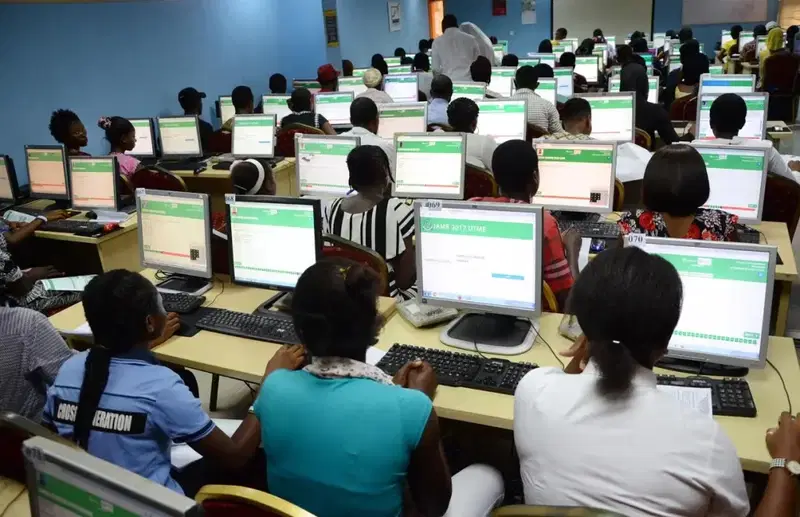- Nigeria has high-quality products, such as ginger, that can compete globally.
- The country needs to change its perception of “Nigerian made” products to boost economic growth.
- China’s economic success is a great example of promoting local products and locking the economy.
- Challenges hindering Nigeria’s industrial growth include high energy costs, forex volatility, lack of funding for universities, and production of substandard goods.
- Addressing these challenges and promoting local products can unlock Nigeria’s economic potential.
NASENI’s call to action is a timely reminder of the importance of supporting local industries. By patronizing ‘Made-in-Nigeria’ goods and services, Nigerians can contribute to the country’s sustainable economic development . This is not just about patriotism; it’s about creating jobs, boosting the economy, and promoting self-sufficiency.
The benefits of promoting local products are numerous. It can help to stimulate economic growth, improve infrastructure, and enhance national pride. Moreover, by supporting local entrepreneurs, Nigerians can help to develop and transform local industries .
However, there are challenges to overcome, such as poor infrastructure, which can affect local production and marketing of goods . Additionally, there’s a need to change the perception of ‘Made-in-Nigeria’ products, which are often seen as inferior to foreign goods .
To address these challenges, NASENI and other stakeholders must work together to improve infrastructure, enhance product quality, and promote local products through effective marketing strategies . By doing so, Nigerians can reap the benefits of a stronger, more buoyant economy.
Low demand for Made-in-Nigeria products is a pressing issue, affecting not only the economy but also leading to unemployment. This is because jobs are being exported to other countries that produce goods imported into Nigeria. To address this challenge, a focus group meeting was convened to bring together stakeholders, including manufacturers, academia, SMEs, and industry leaders .
The meeting aimed to identify ways to boost productivity and enhance patronage of Made-in-Nigeria products. By understanding the challenges faced by local manufacturers, the government and stakeholders can work together to find solutions.
Some of the challenges facing local manufacturers include:
· Multiple Taxation: High taxes and levies imposed on manufacturers, making it difficult for them to compete with imported goods .
· High Cost of Borrowing: Exorbitant interest rates on loans, making it challenging for manufacturers to access capital .
· Infrastructural Inadequacy: Poor power supply, inadequate transportation networks, and inefficient port facilities .
· Low Local Content Development: Limited adoption and patronage of Made-in-Nigeria products, leading to a reliance on imported goods .
To overcome these challenges, the government has initiated various policies and programs, such as:
· Special Economic Zones: Establishing dedicated infrastructure to support hub productivity and acquire suitable premises for SEZs .
· Export Processing Zones: Providing incentives to support industrial hubs and review local fiscal and regulatory incentives .
· Microfinance Initiatives: Offering micro-loans to women through the Government Enterprise and Empowerment Programme (GEEP) and Women Empowerment Fund .
By addressing these challenges and implementing supportive policies, Nigeria can enhance the competitiveness of its manufacturing sector, increase patronage of Made-in-Nigeria products, and create jobs to stimulate economic growth.
Nigeria has the potential to boost its economy by patronizing locally made products. The country has high-quality products, such as ginger, and even attracts foreign countries like Malaysia to export palm oil due to its quality .
To achieve economic growth, Nigeria needs to change its perception of “Nigerian made” products. China’s economic success is a great example, as it locked its economy to promote local products and became one of the world’s leading economies.
However, there are challenges to overcome, such as:
· High cost of energy: A significant obstacle to industrial growth, making it difficult for businesses to operate efficiently.
· Volatility of the forex: Unstable exchange rates can disrupt trade and investment, hindering economic growth.
· Lack of proper funding for universities: Insufficient funding for research and development can limit innovation and competitiveness.
· Production of substandard goods: Low-quality products can damage the reputation of Nigerian businesses and discourage patronage.
By addressing these challenges and promoting local products, Nigeria can unlock its economic potential and achieve sustainable growth.





















